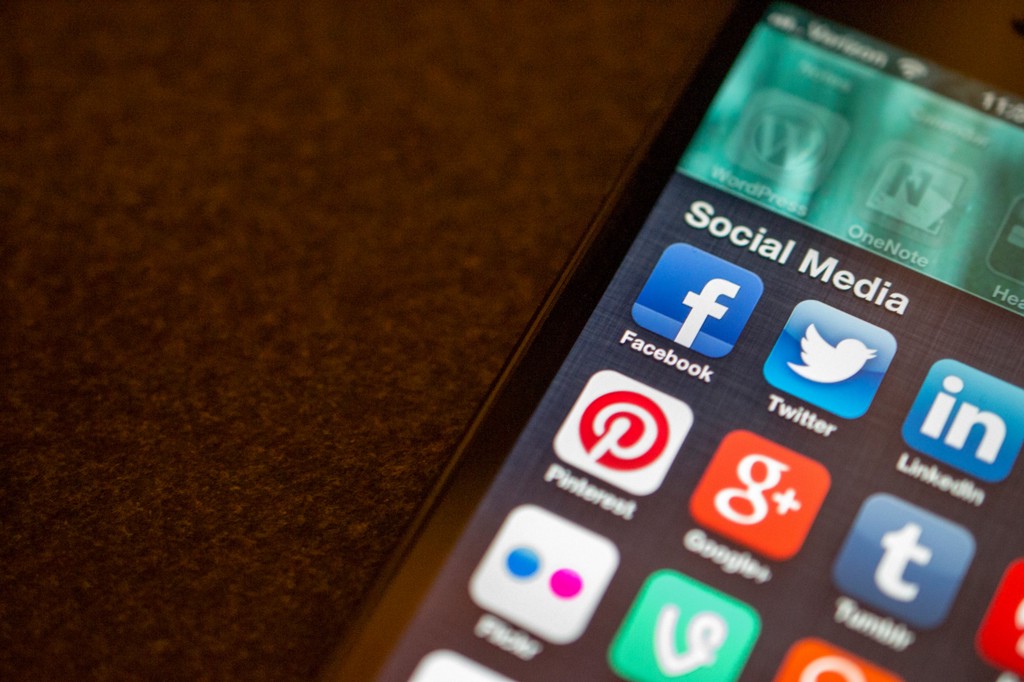Your Employer Knows When You’re Job Hunting
Even before you start going on interviews.

The best time to find a new job, as the advice goes, is while you already have a job. Most of us don’t really want our current employer to know we’re job-hunting, so we do things like “pack an interview outfit in a dress bag and change in the car” or “say we’re going to the dentist instead of the job interview, and then chew really hard on a stick of gum before going back to the office.” (We’re detail-oriented, after all.)
But—as the Harvard Business Review reports—it’s too late. Employers are starting to look for digital signs that you’re job hunting, and those signs show up long before you land that first interview.
Companies can tell whether employees using work computers or phones are spending time on (or even just opening unsolicited e-mails from) career websites, and research shows that more firms are paying attention to these things. Large companies have also begun tracking badge swipes — employees’ use of an ID to enter and exit the building or the parking garage — to identify patterns that suggest a worker may be interviewing for a job.
The HBR claims that employers want this information so they can keep you from leaving, because the cost of training a new employee is higher than whatever nominal raise they’ll give you to stay, but those of us who have spent some time in the workforce also know that sometimes, employers want you to leave. Sometimes, knowing that someone is actively looking for a new job is a best-case scenario.
The HBR also notes that job hunting increases by 12 percent right before birthdays, and by 16 percent right after class reunions. Would a savvy employer who wants you to stick around look up the date of your class reunion and say “sorry, we can’t give you that time off?” Probably not. But they might start tracking the number of dentist appointments you take immediately afterwards—or, and this is true, they might use a third-party service to track your social media accounts to see what you’re posting, and whether you’re following people at competing companies or asking your friends for job leads.
There’s one more story I want to share, and it doesn’t have to do with job hunting but it does have to do with LinkedIn being creepy, so that counts: several months ago, I was on an online dating site and I googled the name of the person who had just messaged me, because that’s what you do. Basic safety and a quick check for Twitter or Facebook racism.
I opened up that person’s LinkedIn as well, just one more tab in the series, and the person immediately sent a message calling me out on it, because I guess if you pay extra for LinkedIn you can see who is viewing your profile, and now I never want to click anything on LinkedIn ever.
Imagine if an employer had also seen that LinkedIn click and assumed I was looking for a job.
Support The Billfold
The Billfold continues to exist thanks to support from our readers. Help us continue to do our work by making a monthly pledge on Patreon or a one-time-only contribution through PayPal.
Comments